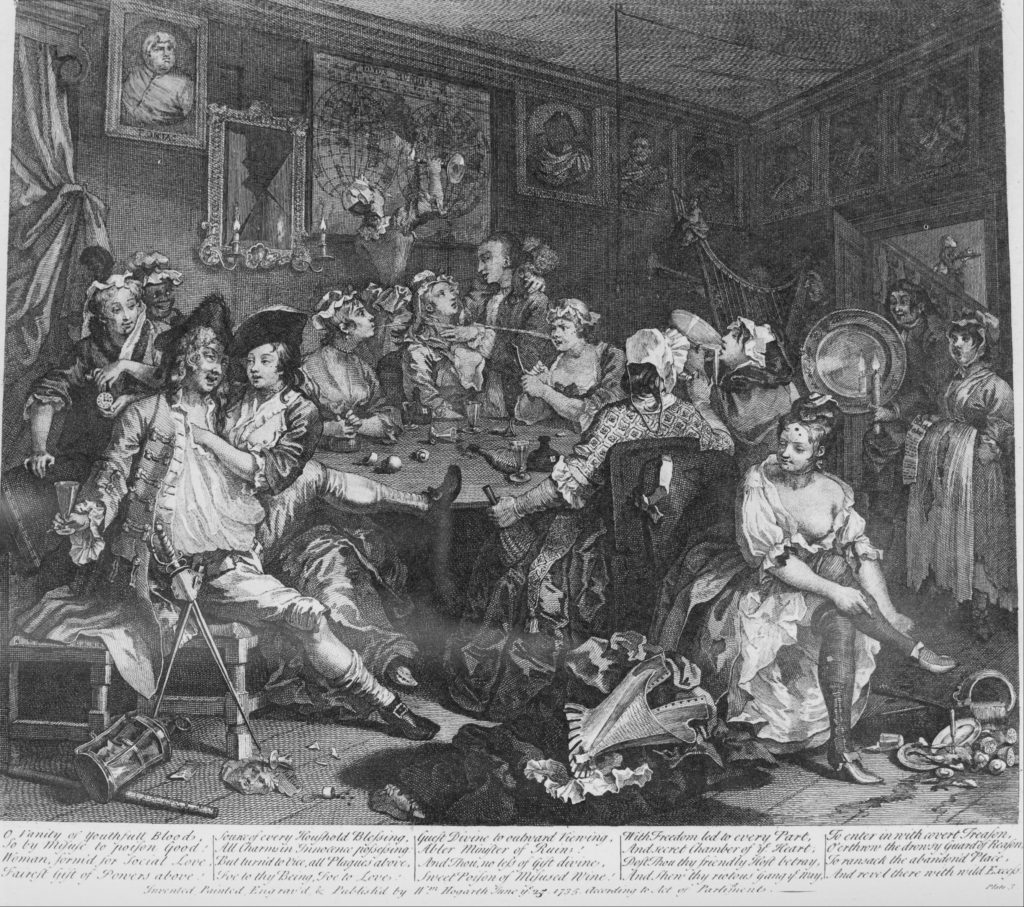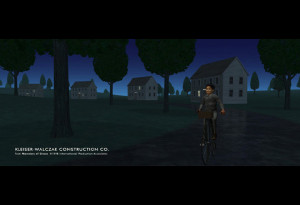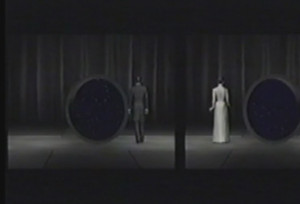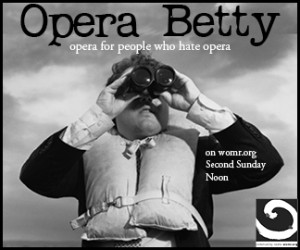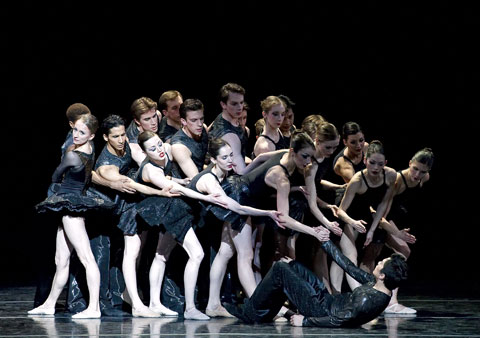In March we listened to operas you can go and see, and congratulated the fabulous bass baritone, Sir Bryn Terfel, recently knighted by the Queen. Here he is in Don Giovanni – an Opera Betty reader favorite:
The Rake’s Progress
Boston Lyric opera is doing a stunning job of bringing us all up to speed on Stravisnky’s The Rake’s Progress, on stage now through March 19. Before you go to the opera you can learn all about it on their website blo.org.
We played a some of The Rake’s Progress on the radio, but go ahead and take some time to explore BLO’s videos. I love this one:
La Traviata
There are two Met Opera HD broadcasts happening between now and the next Radio Betty. The live broadcast of La Traviata was Saturday, but you can probably still catch an encore.
The next Live in HD broadcast from the Metropolitan Opera is Mozart’s Idomeneo on March 25th.
Idomeneo
If you like the story of Aida but wish it had a happier ending, this may be the opera for you. It’s also terrific because the story is from Greek mythology so there’s a sea monster and an unfortunate promise to Neptune.
First, the backstory: Helen has been carted off to Troy by Paris, and various Greek kings join forces to lay siege – including Idomeneo of Crete. Instead of postcards, Idomeneo sends Trojan captives home to let them know of his imminent return. One of those captives is Princess Ilia, the daughter of King Priam which I think makes her Paris’ sister but don’t quote me. The ship she was on sank because that’s what happens to ships in Greek mythology, but Ilia was rescued by Idomeneo’s son, Idamante . They fall in love.
Of course, it’s complicated. There’s the whole “your dad took me captive” part, plus, Elettra is already in love with Idamante. Elettra, who you may know as Elektra, is the one who helped her brother kill their mom in revenge for the murder of their dad, Agamemnon. Remind me sometime to go down the rabbit hole of operas involving all these people. It will be so fun.
Elettra lives in Crete now, since she was forced to flee Argos.
Ilia is falling in love with Idamante but realizes that holiday family gatherings will be a bummer since his father is a sworn enemy of her people. Idamante is holding down the fort until his dad gets home, so he frees the Trojan captives to show her they’re not so bad after all.
Meanwhile, Idomeneo is drowned in a shipwreck.
But wait! He doesn’t drown because he makes a deal with Neptune, who saves him. In return for his life, Idomeneo promises to kill the first person he lays eyes on when he gets to dry land. Unfortunately, that person is his son. Because, mythology.
Trying to figure a way out of sacrificing his son, Idomeneo sends Idamante to escort Elettra back to Argos. Elettra hopes the trip will work out for her and Idamante , except that just as they’re getting ready to leave, a storm kicks up and a sea monster appears. Idomeneo admits that it’s his fault the island is being attacked by a sea monster but refuses to sacrifice an innocent human. He tries banishing Idamante who still doesn’t understand why his dad’s being so mean.
Idamante agrees to be exiled, not having any idea why, so it is time for he and Ilia to finally admit that they are in love.
Idomeneo has to give up the name of the person he’s supposed to kill and everyone is terribly sad as they prepare the sacrifice. Idamante meanwhile kills the sea monster, but understands that a deal is a deal and is ready to be sacrificed to save Crete.
Ilia offers to take his place, which is maybe why Neptune reconsiders and, just as Idomeneo is ready to kill his son, makes a counter offer. If Idomeneo steps aside and gives the throne to his son and Ilia, they’ll be Even Steven. Everyone but Elettra rejoices. The chorus sings and they all eat cake and sea monster sushi. The end.
Opera Betty is on WOMR the second Sunday of every month at noon, Eastern time.

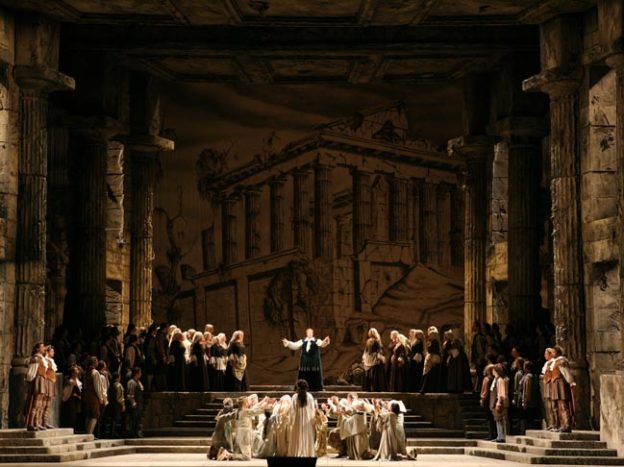

.jpg) Today’s radio show on
Today’s radio show on 